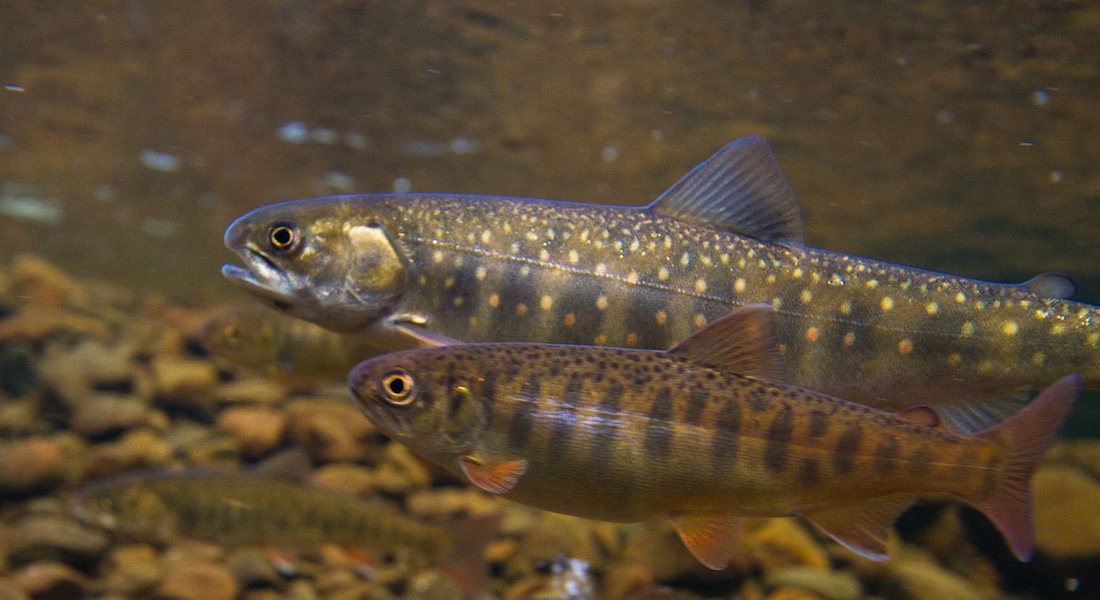New grant to explore how microbes drive evolution in host organisms
A new research project seeks to investigate a critical question: Can microbes drive adaptive evolution of their host organism? This innovative study will explore the intricate relationship between animals and their microbiomes—focusing on how these microorganisms might play a key role in evolutionary processes.

Shaping the microbiome
Recent microbiome research has shifted our understanding of evolution, moving beyond the traditional belief that only the external environment dictates which microbes live in the digestive systems of animals. While the environment remains crucial, this view has led to an underappreciation of how animals and plants may actively shape their microbiomes to enhance their survival. The new project funded by a 3,168,000 DKK grant from Independent Research Fund Denmark and led by Associate Professor Morten Limborg aims to uncover the mechanisms through which hosts - such as animals and plants - select beneficial bacteria that could help them adapt to new environmental challenges.
A unique evolutionary history
At the heart of the research is the Greenlandic Arctic char, a fish species with a unique evolutionary history. This species has repeatedly evolved into different ecotypes, each specialising in distinct diets, such as zooplankton or fish. Remarkably, these adaptations have occurred independently in several lakes, making the Arctic char a powerful natural experiment for studying evolution.
“The beautiful thing about the arctic char as a model species is that we can compare ecotypes that have diverged for 1000 years with other ecotypes from lakes that are >10,000 years old and that way we can follow the speciation process over time” Morten Limborg excitedly explains.
The importance of adaptation
Morten will investigate how the fish’s gut bacteria might have influenced its ability to adapt to new dietary conditions. This will help answer the broader question of whether microbes play a direct role in shaping the evolutionary path of their host organisms. By examining the char’s repeated dietary adaptations, the project will provide new insights into the fundamental processes of speciation.
“I hope that arctic char can help me identify symbiotic microbes that have been important for driving ecotype divergent adaptation and showcase why we need to increasingly consider associated microbiomes if we want to fully understand one of the most fundamental processes in biology; namely that of speciation” Morten Limborg adds.
A response to climate change
Moreover, the findings could have far-reaching implications for understanding how different species might respond to a changing climate. As ecosystems shift, the ability of species to adapt—potentially in part through their microbial partners—may become critical for survival. This research promises to illuminate how interconnected the microbial world is with the broader biological landscape, offering a fresh perspective on the dynamics of evolution.
Contact
Associate Professor Morten Tønsberg Limborg
